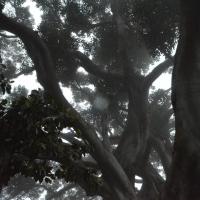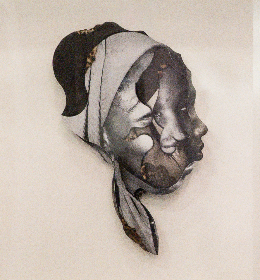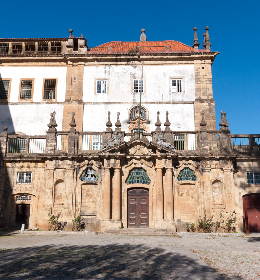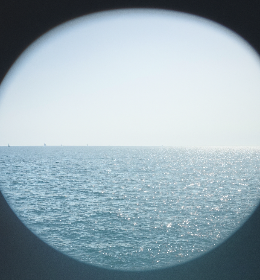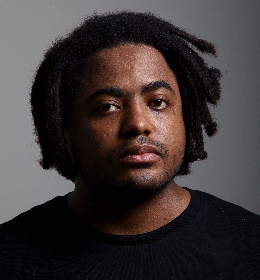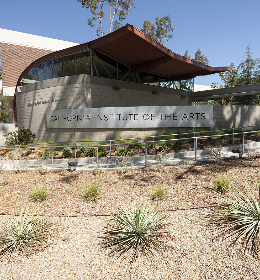She is the Founder and Director of Heroinas de la Cultura, a contemporary art platform, which focuses on the curation of exhibitions.
What was your main goal with the curation of the exhibition “A Certain Darkness” at Caixa Forum?
In curatorial terms, I was interested in reflecting on the hypervisual condition of contemporary times and critically thinking about our relationship with images. But I wanted to do it by giving value to emptiness, opacity, darkness.
And for the series of curated exhibits, “The Possibility of an Island” at the Fundació Joan Miró, what was your intention? Is there a relationship between the approach you have taken with the two different exhibition series?
In the exhibition series, “The Possibility of an Island”, I wanted to invite the participating artists to review and reflect on some of the symbolic and sociocultural meanings that islands have had over time. I think that the island, as a paradigmatic space of our collective imagination, condenses a very rich multiplicity of meanings and senses, some even opposed to each other; it is a fertile concept that can arouse issues and reflections relevant to our present day. Each of the artists who participated in the series has approached the specificity of their practices and their artistic interests, which has generated an interesting variety of interpretations and projects. The curatorial approach to this cycle has been very different from that of the exhibition “A Certain Darkness”. In the first one, it was that the artists developed all new projects in response to the curatorial proposal, and these projects were formalized as monographic exhibitions. “A Certain Darkness”, on the other hand, is a collective exhibition made up of already existing works. When you invite artists to develop new projects, much of your role as curator is to accompany them in the process of development and materialization of this project, and this is very different from working with a set of work that already exists. In this case, your work must focus more on thinking about the relationships of meaning that can be generated between them, and on how each one contributes to the curatorial premise.
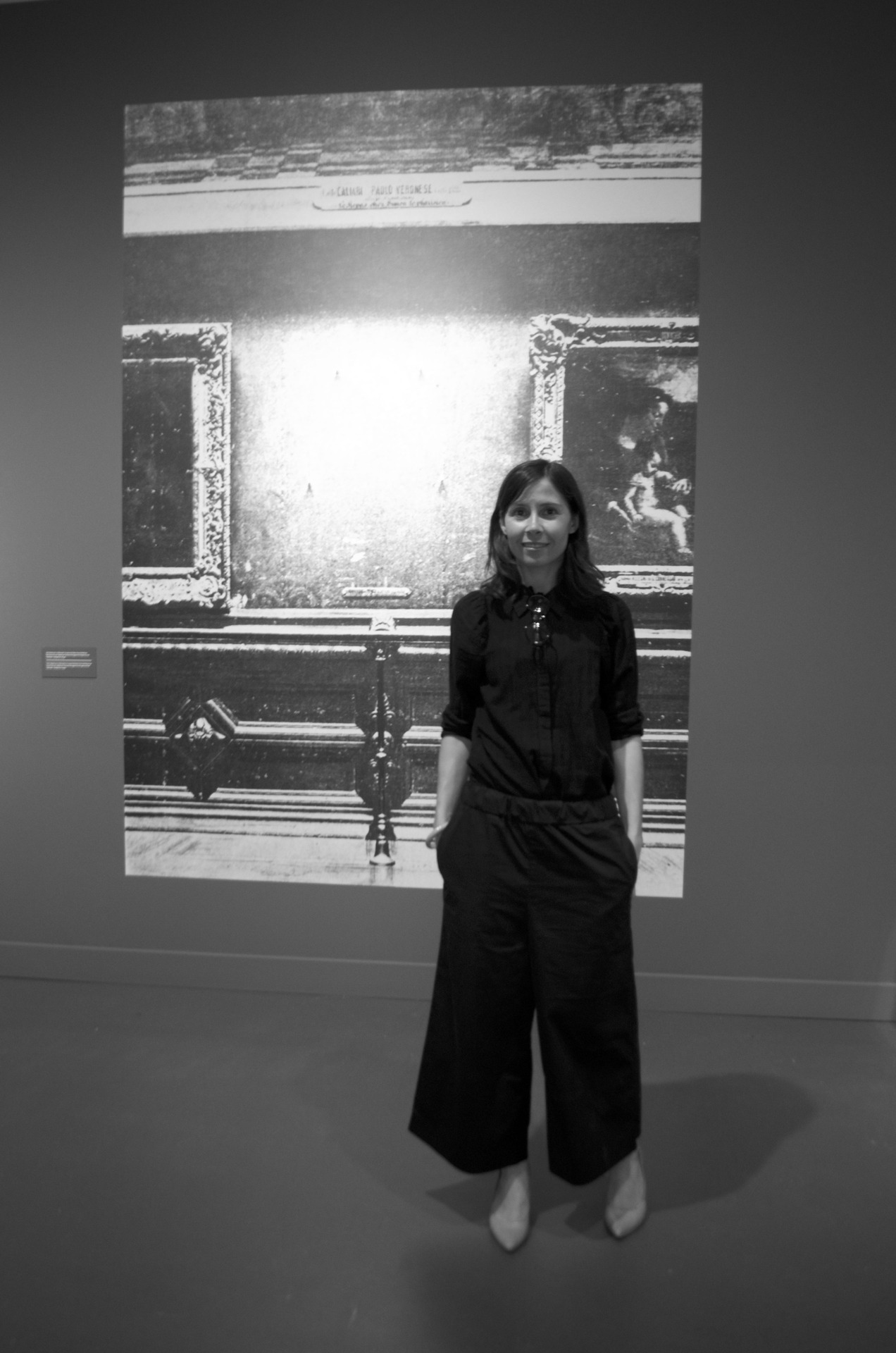
Photo credit Anne Murray, Curator Alexandra Laudo in A Certain Darkness exhibition
What in your background in terms of education, experience, and life, makes your vision and perspective as a curator unique and poignant?
I do not think it's unique and poignant! But over time I have noticed that having studied Humanities surely has greatly influenced the way I approach curatorial work. In Humanities we studied many things: mainly Literature, History of Art, Philosophy and History; but also a bit of Cinema, Psychology, Anthropology, Sociology... I believe that these studies gave me the ability to think in transversal and interdisciplinary terms, and that is something that has been influential in my work. In addition, as a curator, I am very interested in the narrative issue, the story, both in artistic works and in the formalization of theoretical discourses, and I think that this may also have to do with the fact that in Humanities I studied many different subjects of literature, although one could also think the opposite: that my interest in literature led me to take these subjects and that is now clear in my curatorial projects.
What would you advise emerging artists who are seeking new opportunities to show their work, to get gallery representation, to have connections to museums and other institutions?
Oof ... It is a very complex question, because the construction of the artistic career does not only have to do with the quality and maturity of the work itself, but with the social skills and the legitimization offered by certain academic, expository, discursive platforms, etc. At the end of the day, it is a system with its protocols, its formulas and its particular operating dynamics. I imagine that those who come to understand them and know how to play in their favor are those who end up having more success. All of this, however, can be a bit cynical, so what I would recommend is, above all, to be constant, generate a continuous work, think about the long term and at the same time, immediate concerns, and work from a position of honesty in relation to oneself and to one’s own practice.
What are your personal goals in curation? How do you see your career influencing the art world and beyond?
I think that my career objectives in curatorship are very personal, emotional or affective: I seek to do things that give meaning to me and that can also, perhaps, help to make a kind of sense. When I work I do not seek to become influential, I believe that above all, I am motivated by the search for meaning, knowledge and emotion. Of course, I like to share my work, and I find it satisfactory to be valued and recognized, but for me that is not an objective or a cause, in any case it can be a happy effect or a consequence. Yes it's great, however, when I think that an exhibition, a thought that I've developed in a text, or something I have explained in a guided visit has become significant for someone, to a greater or lesser extent. I think this is the most beautiful influence I can aspire to as a curator.
Do your goals as a curator relate also to social action and meliorism?
Trying to live in an ethical way and trying to be a better person is something that is important to me, not as a curator but as a human being. I want to think that, by extension, as much as possible these values are also evident in my professional activity. I think that much of social improvement is done with the sum of the individual and daily efforts towards improvement. Even so, I am also aware that a curator of contemporary art is not a profession in which one can contribute significantly to the substantial improvement of essential social and humanitarian issues. I strongly defend the value that contemporary art can have in education and society, but I am also aware of its limitations, and that it is something that can be relevant only in certain contexts where basic rights and needs are covered. That is why, although I really like the work I do and I defend its social and cultural value, I also know that it is remotely far from what professionals are doing to deal directly with serious social issues on a daily basis.



